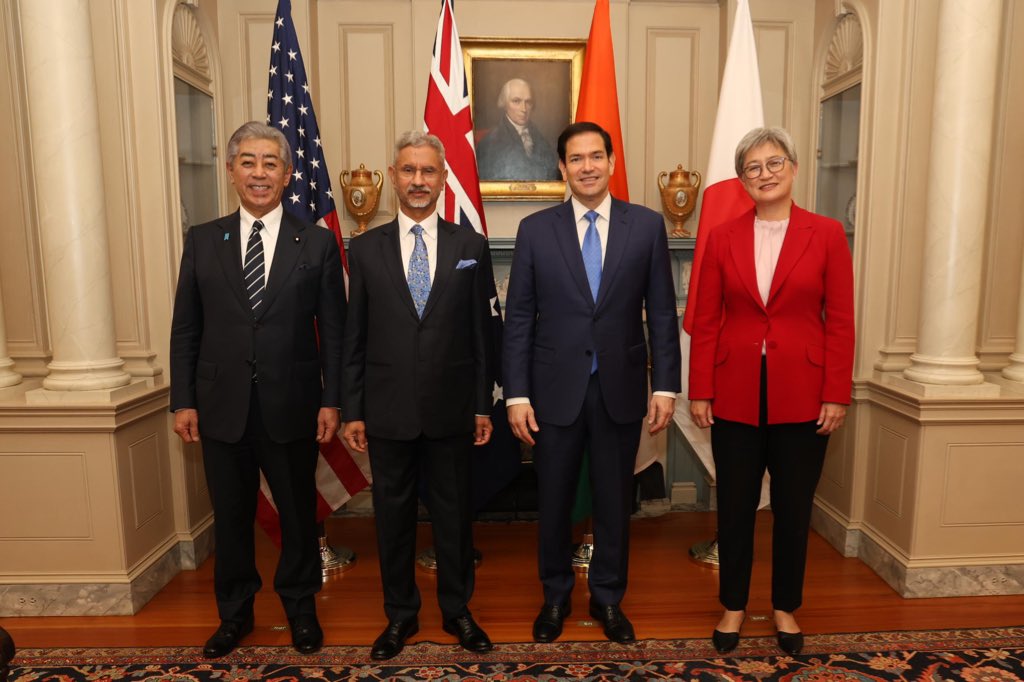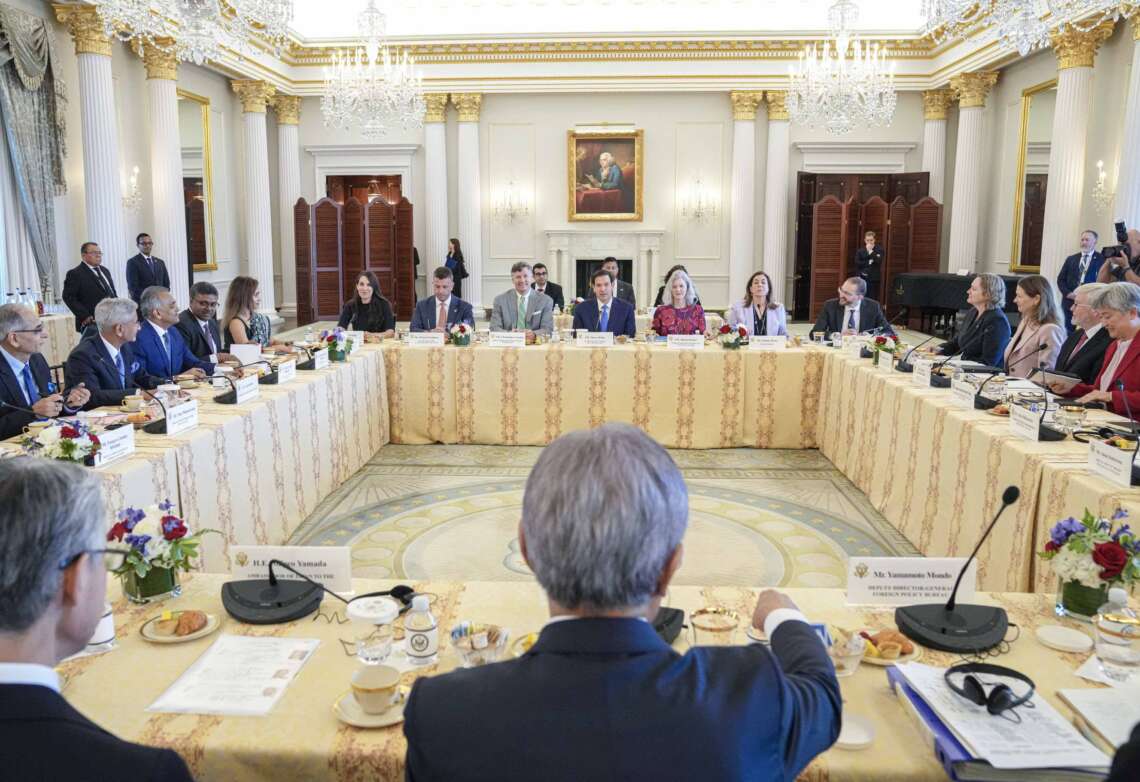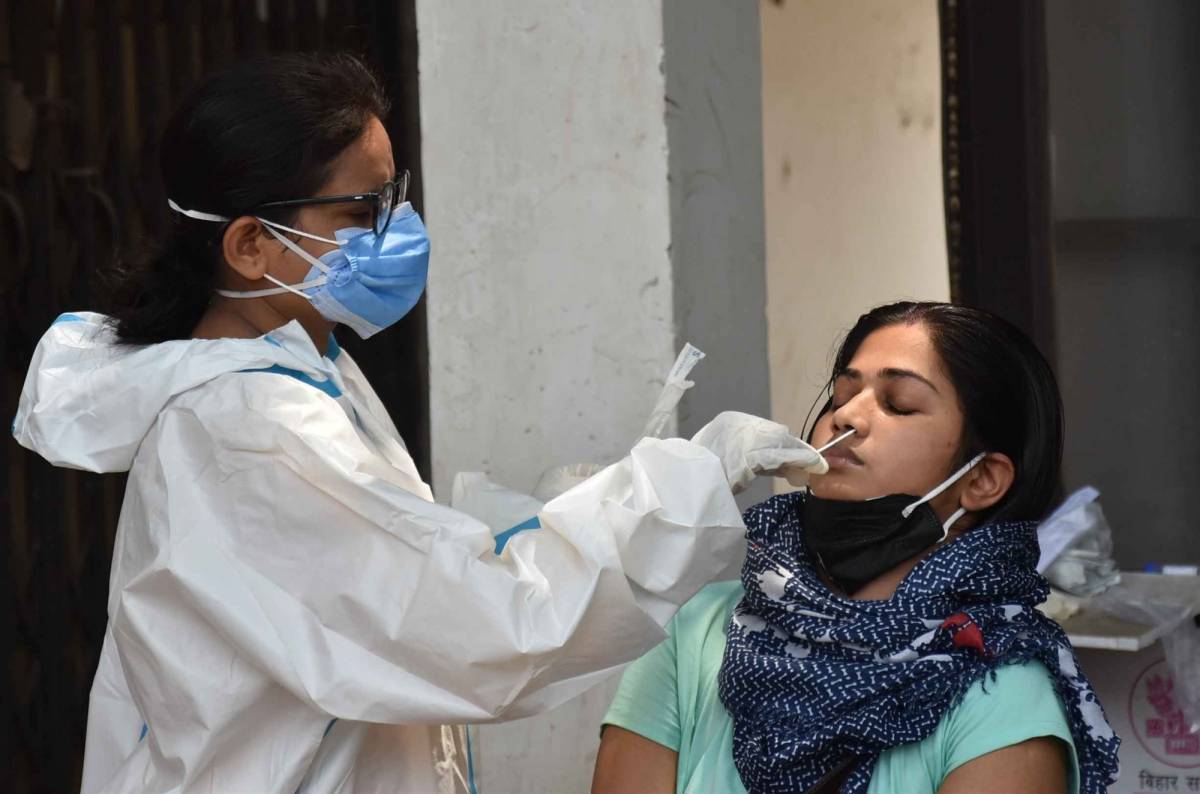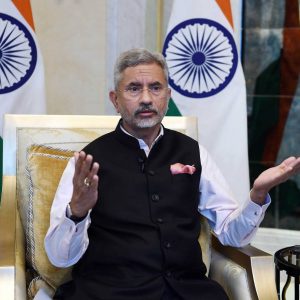Mozambique has 3,000 Indian nationals, representing various Indian companies or working as professionals in Mozambican companies. Besides, there is 20000 strong Indian diaspora population tracing is roots to Gujarat, Goa, Daman& Diu, reports Atul Aneja
India and France with backup support from Japan and the United States — key members of the Indo-Pacific QUAD, which also includes Australia — may need to focus on Mozambique to counter the deadly Islamic State terror group.
Alarming reports are emerging about the rise of the Islamic State (IS) in Mozambique, a country with vast natural resources. Specifically, the IS appears to be eyeing Mozambique’s energy reserves, including oil and gas, to fuel a prolonged conflict, if not emergence of a new Caliphate in Africa.
The IS has already acquired considerable experience in Syria of taking over oil wells and fuelling its operations by selling energy through grey-zone channels. After its displacement from West Asia, the IS can now leverage that experience, and knowledge of underground networks to monetise illegal sales, in its new geographical setting.
The IS was essentially thrown out of Syria and Iraq. Consequently, it has discovered new safe havens in parts of Afghanistan, Central Asia and Africa, including Mozambique.
The IS has been digging in, in the impoverished Cabo Delgado region in the northern part of Mozambique. In March, it overran the resort town of Palma, not far from an energy project run by Total, the French energy major.
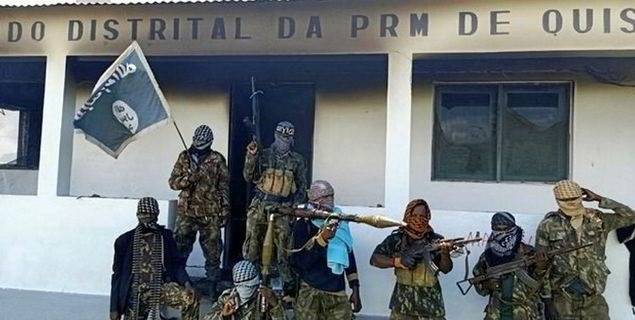
In an opinion article in The Hill, Kelly Alkhouli a political consultant at the Center of Political and Foreign Affairs (CPFA), points out that apart from energy, the Cabo Delgado area is a significant trafficking route for ivory, timber, rubies, arms and, most importantly, heroin.
Heroin, he says, is largely produced in Afghanistan and then trafficked into Iran and Pakistan; from there it follows various routes to the international market.
Over the past three decades, northern Mozambique has become increasingly significant in the southern trafficking route, where heroin produced in Afghanistan and into Iran and Pakistan is then transported to South Africa and shipped off to Europe.
ALSO READ: ‘We decide our foreign policy’: B’desh tells China over Quad remarks
According to a recent study, roughly USD 600 million to USD 800 million worth of heroin is trafficked through northern Mozambique, says the report.
Where does India fit into the picture and what is its interest in denting the IS’s hold in the country?
The marginalisation of the IS in Mozambique is important to India for several reasons. For instance, Mozambique has 3,000 Indian nationals, representing various Indian companies or working as professionals in Mozambican companies. Besides, there is 20000 strong Indian diaspora population tracing is roots to Gujarat, Goa, Daman& Diu. This Indian-origin community is mostly engaged in wholesale and retail trade in Mozambique, according to an Indian embassy posting.

Second, India has invested billions of dollars in Mozambique, but these investments are now being endangered by the IS forays. India’s ONGC Videsh Ltd. (OVL) and Oil India Ltd. (OIL) have invested heavily in the $24.1 billion liquefied natural gas (LNG) project on the Afungi peninsula in Mozambique, which was being led by French energy titan Total SE. The project is meant to yield 12.88 million tonnes of LNG per annum. But following the IS attack in March in the Cabo Delgado region, Total has pulled out of the Afungi project.
Further entrenchment of the IS in Cabo Delgado would also mean that the terror group could permeate its influence in neighbouring Malawi, Tanzania and South Africa, along the Indian Ocean coastline.
ALSO READ: Quad-plus-France naval drill kicks off in Bay of Bengal
With the IS impinging significantly on Indian interests, as well as that of the France, certain contingency plans may have to be drawn. But Kelly Alkhouli in his article in The Hill advises against any form of direct military action by foreign powers in Mozambique. “A foreign military intervention should be avoided at all cost; it would only be an expensive advertisement for global jihad in southern Africa,” he observes.
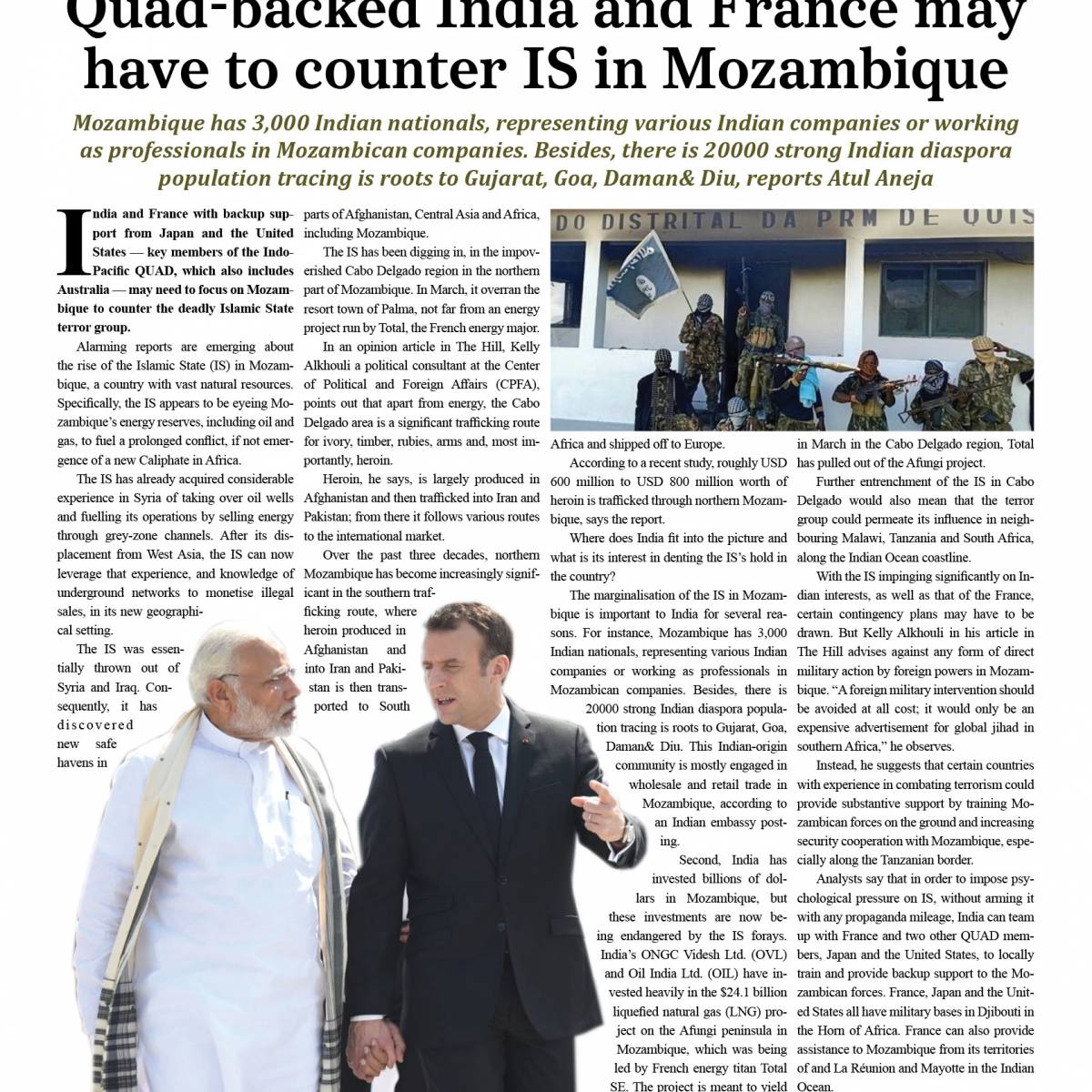
Instead, he suggests that certain countries with experience in combating terrorism could provide substantive support by training Mozambican forces on the ground and increasing security cooperation with Mozambique, especially along the Tanzanian border.
Analysts say that in order to impose psychological pressure on IS, without arming it with any propaganda mileage, India can team up with France and two other QUAD members, Japan and the United States, to locally train and provide backup support to the Mozambican forces. France, Japan and the United States all have military bases in Djibouti in the Horn of Africa. France can also provide assistance to Mozambique from its territories of and La Réunion and Mayotte in the Indian Ocean.
(This content is being carried under an arrangement with indianarrative.com)




